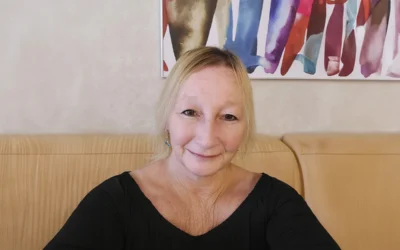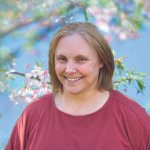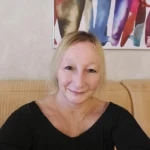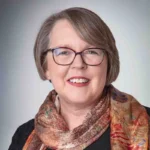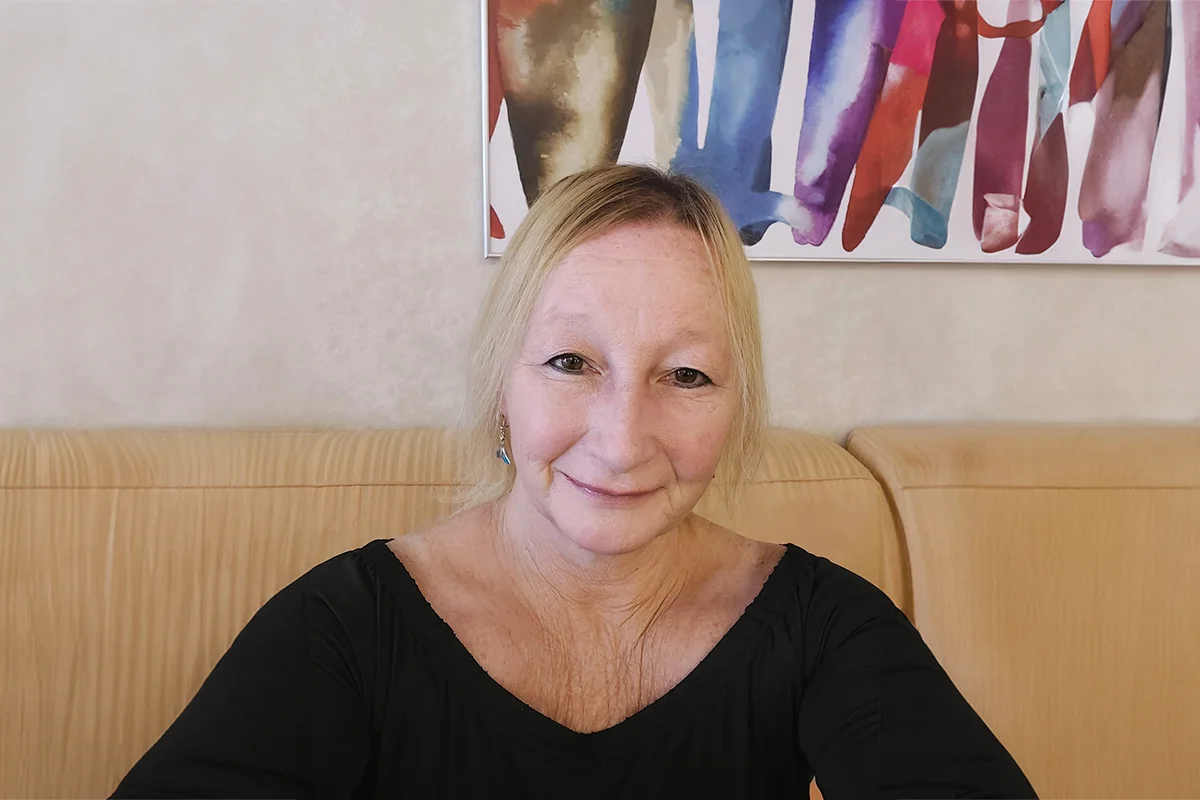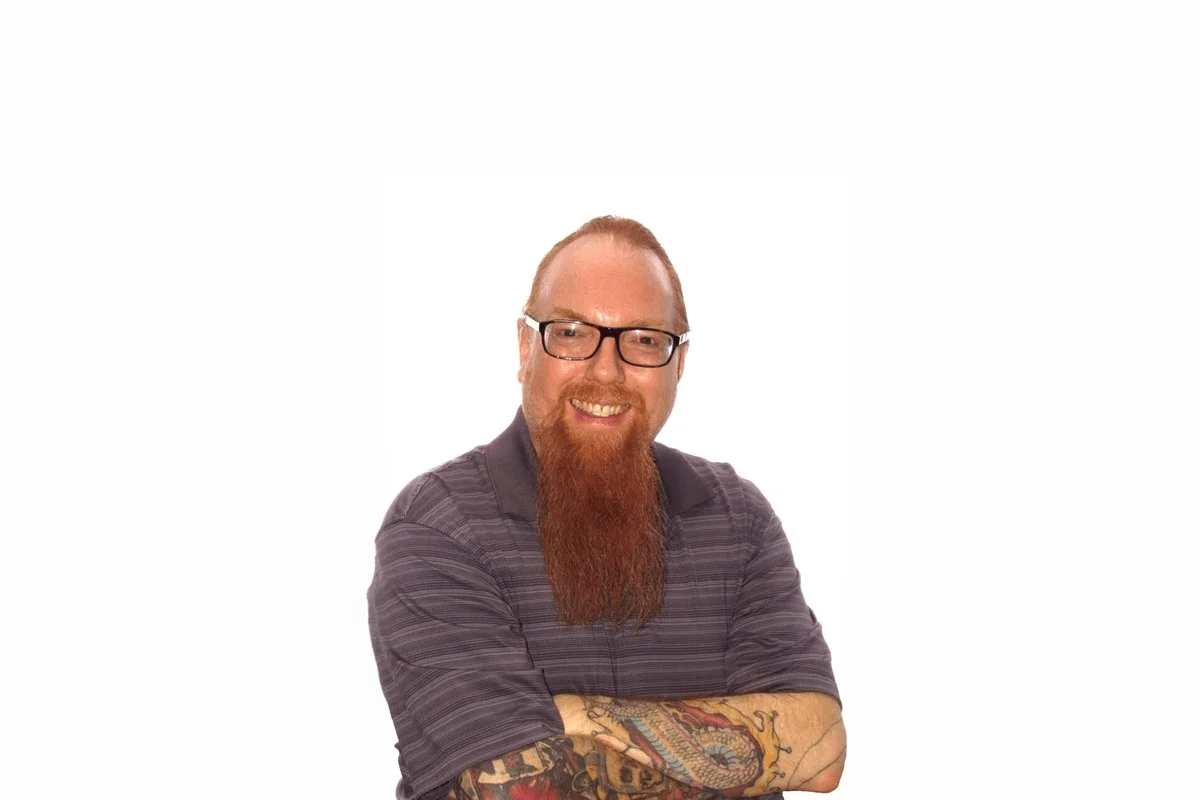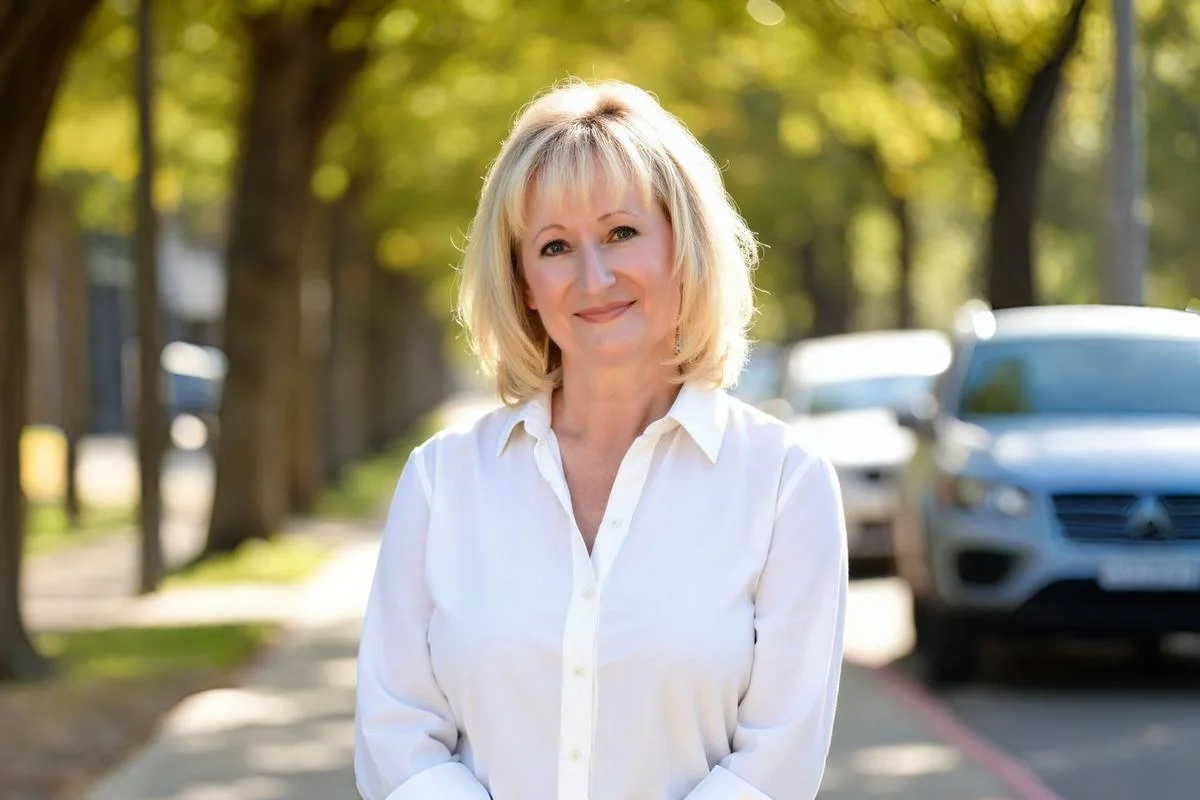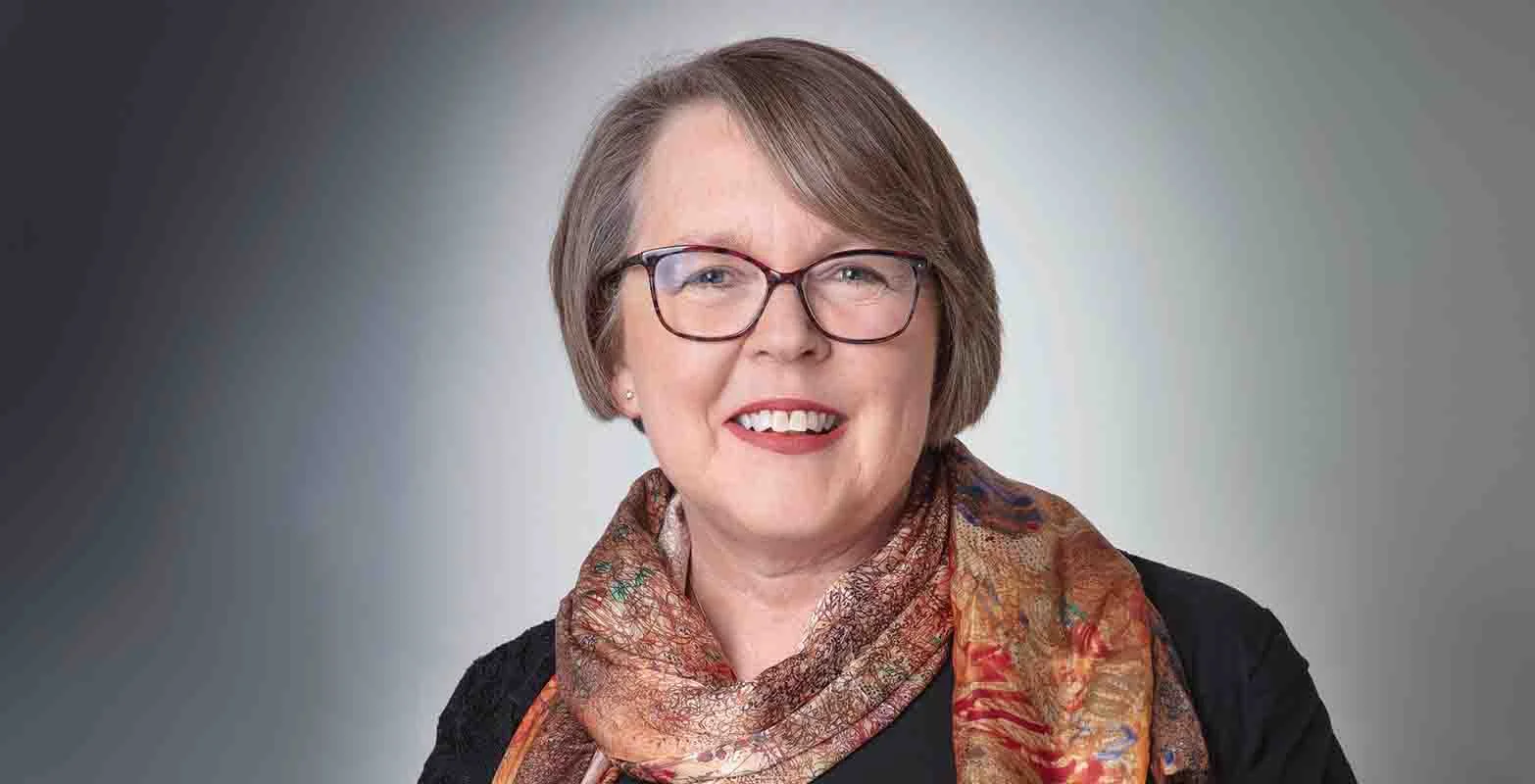Dianne C. Braley Illuminates Trauma, Addiction, and Healing Through Honest and Evocative Storytelling

PHOTO: Dianne C. Braley, award-winning author of The Silence in the Sound, shares her journey from nursing to literature and healing through words.
Turning Pain Into Power Through Fearless Fiction and Poetic Reflection
Dianne C. Braley reflects on how addiction, personal trauma, and Martha’s Vineyard shaped her novels and poetry, offering insight into the power of storytelling, healing, and giving voice to the unheard.
Dianne C. Braley writes with a voice that’s both fearless and deeply compassionate, capturing the emotional wreckage of addiction, trauma, and loss in prose that stays with you long after the last page. With a background in nursing and a formative encounter with Pulitzer Prize-winning author William Styron, Braley’s work bridges lived experience and literary depth—bringing forth stories that speak to anyone who has loved through pain.
Her breakout novel The Silence in the Sound is a testament to that mission. Set against the atmospheric backdrop of Martha’s Vineyard, the novel follows a protagonist grappling with the inescapable echoes of a childhood shaped by addiction. It’s a story born from Braley’s own experiences growing up in an alcoholic household—a place she thought she had left behind, only to find herself drawn back to similar patterns in adulthood.
“When you grow up surrounded by something, it becomes familiar, even when it’s painful,” Braley explains. “Without realizing it, I gravitated toward what I knew.”
This insight shaped The Silence in the Sound into a layered meditation on addiction, love, and personal reckoning. Martha’s Vineyard, often romanticized in literature, becomes in her hands both a sanctuary and a stage for buried pain to resurface. It’s a recurring location in her writing and not by accident: “There’s a haunting beauty to the island… It’s a place where people reinvent themselves, but also where the past has a way of resurfacing.”
Dianne C. Braley writes with emotional clarity and courage, crafting deeply human stories that resonate with authenticity, empathy, and lasting impact.
That duality is at the heart of Braley’s storytelling—beauty coexisting with pain, escape tinged with reckoning. Her second novel, The Summer Before, delves into the ripple effects of crime and betrayal, exploring the rarely voiced pain of secondary victims—the loved ones of perpetrators. “We cannot ignore the collateral damage these crimes leave behind,” she says, emphasizing the importance of giving voice to those caught in the shadows of tragedy.
Yet her work isn’t confined to fiction. Braley’s poetry collection Unheard Whispers distills her childhood memories into raw, haunting verses. “Poetry strips away everything but the raw emotion,” she notes. While her novels allow her to build immersive worlds, poetry gives her space to capture fleeting moments—“the whispered arguments, the unspoken apologies, the love wrapped in chaos.”
Braley’s medical background also lends a visceral realism to her work. Years of nursing shaped her understanding of trauma—physically, emotionally, spiritually. “I know what grief looks like in a person’s posture, how fear manifests in small, unconscious movements,” she says. That empathetic eye permeates every line she writes.
Her literary path was reignited while caring for William Styron on Martha’s Vineyard—a serendipitous experience that gave her permission to chase a calling she had nearly silenced. “Being in his presence reignited a fire in me that I had nearly let burn out,” Braley recalls.
Through all her work runs a thread of advocacy—for truth, for empathy, and for dismantling stigma. Nowhere is this clearer than in her perspective on addiction: “Addiction isn’t just about the addict—it’s about everyone who loves them, too… I want my stories to create a space for those conversations.”
Her hope is that readers, especially those impacted by addiction, find a mirror in her stories. “Healing isn’t linear, and neither is the experience of loving someone who is battling addiction,” she writes.
To aspiring writers looking to turn their personal histories into fiction, Braley offers grounded advice: “Be honest, but also be kind—to yourself and your characters… Fiction gives you the space to reshape and explore without being bound by reality.”
Dianne C. Braley’s voice is one of rare bravery. Whether through fiction or poetry, she invites readers into the rawest parts of life—not for spectacle, but for solidarity. Her stories are not just read—they are felt.
Originally published in Reader’s House magazine

